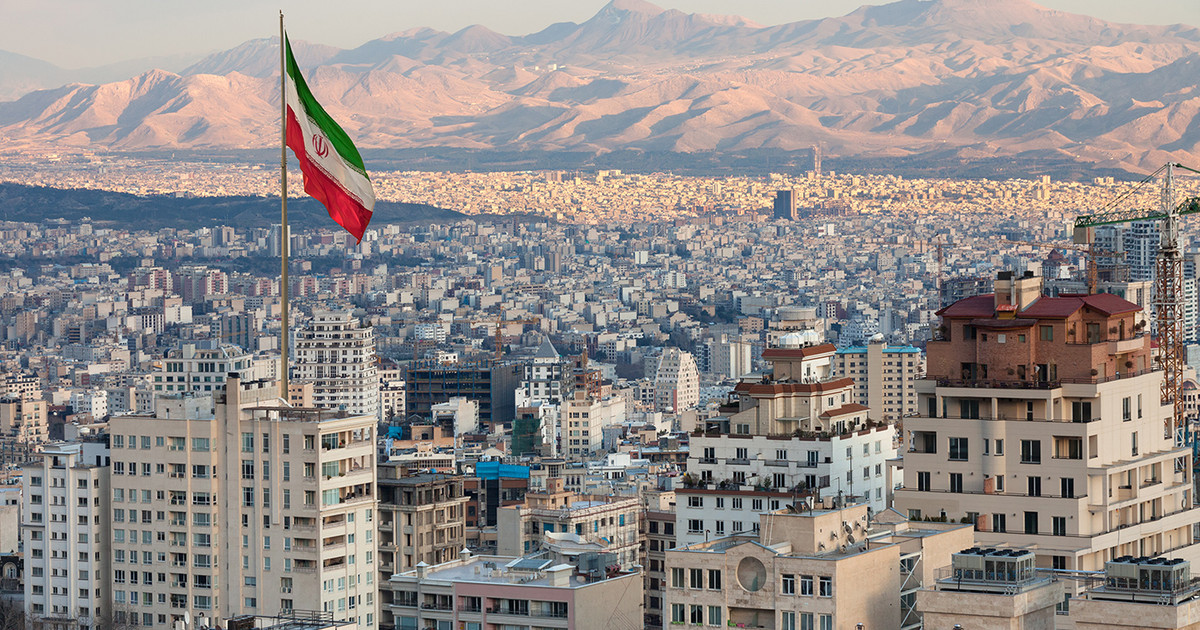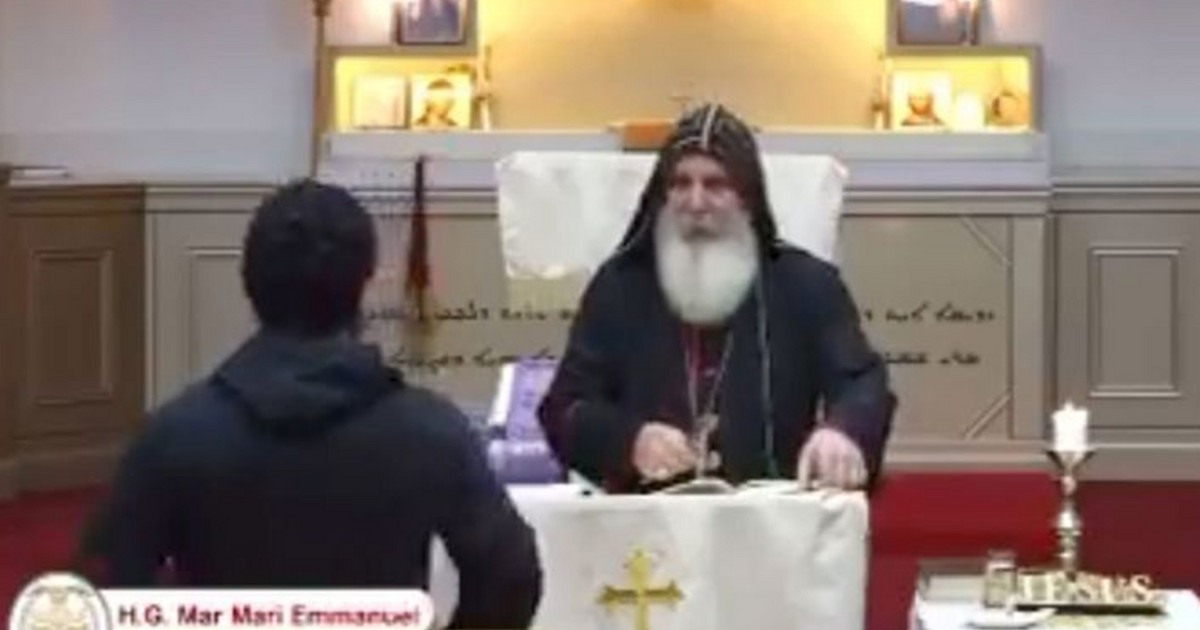By Dimitris Katsaganis
The Agency for Mediation and Arbitration (OMED) is playing a key role in calling strikes in utilities, in accordance with the provisions of the labor bill passed last June.
It is reminded that based on the new labor, in order for a strike to proceed in a utility company in a strike, staff of minimum operation must be ensured, after an agreement between trade unionists and the company. If the agreement is not drawn up in time or is not submitted to the Ministry of Labor and Social Affairs within the deadline, the parties are obliged to resort to the mediation process. Mediation must be completed within 15 days of the mediator taking office.
If the mediation does not reach an agreement, each interested party has the right to refer the matter to arbitration.
In order for OMED to be staffed and to fulfill all its obligations, positions of mediators and referees were announced yesterday.
What the law provides for Hatzidaki
The strike of employees with a private law employment relationship in the public, in local self-government bodies, in legal entities under public law, in public or public utilities whose operation is vital for the service of basic needs of society, is allowed after compliance with the relevant procedure.
Enterprises of public character or utility, the operation of which is vital for the service of basic needs of society are characterized as enterprises or holdings, which belong to one of the following branches:
-Provision of health services by nursing institutions in general.
-Refining and water distribution.
– Production and distribution of electricity or fuel gas.
-Production or refining of crude oil.
– Transportation of persons and goods by land, sea and air.
-Telecommunications and Post.
-Drainage and drainage of dirty water and sewage and collection and disposal of waste.
– Loading and unloading and storage of goods in ports.
-Bank of Greece, Civil Aviation and any kind of services or service departments that are engaged in the liquidation and payment of the salaries of its personnel according to article 14 of law 4270/2014 (A ‘143) of public sector. ”
During the strike in the local self-government bodies, in the legal entities of public law, in the enterprises of public character or public benefit whose function is vital for the service of basic needs of the society as a whole, the trade union organization, which declares it, has an obligation. to have the necessary personnel for the safety of the company’s facilities and the prevention of disasters and accidents (Safety Personnel).
In the services of organizations, companies and farms, in addition to the security personnel, personnel are also available to deal with the basic needs of society as a whole during the strike (Minimum Guaranteed Service Personnel). These basic needs are defined as at least one third (1/3) of the normally provided service.
By joint decision of the Minister of Labor and Social Affairs and the competent Minister, as the case may be, to which the body or branch of activity belongs, issued by agreement of the parties or written proposal of any social partner or body with a legitimate interest, which substantiates less need for operation. the percentage of basic needs may be limited.
The trade union organization that declared the strike shall notify the employer in writing, in a document served with a bailiff before the start of the strike, of the names of the employees who will provide their services as Security Personnel and, if required, as Minimum Guaranteed Personnel.
Under the responsibility of the trade union, the available staff provides its services under the instructions of the employer, to fulfill the purposes for which it is available.
The staff is determined by special agreement between the most representative trade union organization of the company or exploitation and the employer.
Most representative is the trade union organization which has as members the employees who come from all branches of the company.
If there are more trade unions in the company, the more representative is the one that gathers the largest number of members who voted in the last elections for the promotion of management, regardless of the specialties of the employees who are its members. The other trade unions have the right to intervene in the negotiations and other procedures.
The agreement states at least:
-the contracting parties,
– the holding or undertaking or holdings or undertakings to which it applies,
– the services and parts of the holding or enterprise or holdings or enterprises that will operate during the strike, depending on its duration and the impact on the public interest and the economy of a specific or wider region or the whole country,
– the number of employees per specialty required to staff the services and departments of the holding or enterprise or of the holdings or enterprises with staff, where required,
procedural issues of appointment of their employees
– its duration, which may be fixed, but at least one year, or indefinite.
In companies and holdings other than staff, the same agreement can determine the specific needs of society, which must be met by the employer in the event of a strike and the consequences of violating the agreement.
Criteria for these issues are the type and social criticality of the services and goods provided by the company and the need to ensure the exercise of the right to strike.
The agreement is drawn up through direct negotiations between the parties.
By 5 November of each calendar year, one of the interested parties shall invite the other party to an out-of-court negotiation, which shall include a proposal for the appointment of staff.
The summons is served on the other party by a bailiff and in the same way is notified to the Ministry of Labor and Social Affairs.
The agreement is drawn up no later than November 25 of each calendar year and is submitted to the competent service of the Ministry of Labor and Social Affairs, within 5 days of its signing.
The agreement is valid, even if the dialogue starts on a date other than the one provided, provided it is drawn up by direct negotiations by November 25 and submitted to the competent service of the Ministry of Labor and Social Affairs, within 5 days of its signing. This agreement is valid for the entire calendar year that follows and, in case of non-termination or modification, is valid for the following calendar years.
If the agreement is not drawn up by November 25 or is not submitted to the Ministry of Labor within the deadline, the parties are obliged to resort to the mediation process. Mediation must be completed within 15 days of the mediator taking office.
If the mediation does not reach an agreement, each interested party has the right to refer the matter to arbitration.
An arbitrator is selected by mutual agreement of the parties from the special list of arbitrators and in case of disagreement by drawing lots.
It is not allowed to declare a strike without the prior appointment of the Security Personnel
and, where required, the Minimum Guaranteed Service Personnel, in accordance with the provisions hereof, or without actually making available to the employer such personnel, subject to his managerial right, under the responsibility of the trade union organization that declares the strike.
These issues can also be regulated by collective bargaining agreements for all companies, regardless of their public or non-public nature and their classification or not as a public benefit.
Call for interest
OMED’s call for interest provides the following conditions:
Candidate Mediators should:
-To have completed the 35th year of their age.
-To have five years of proven experience in matters of employment.
Candidate Referees should:
-To have completed the 45th year of their age.
– To have ten years of proven experience in matters of labor relations.
Both prospective Mediators and prospective Referees should:
-To have a university degree, law or economics or related studies.
-To not be members of the Board. trade unions of workers and employers.
– Not to be burdened with disciplinary penalties by their professional, scientific or trade union organization.
– Not to have been sentenced to a sentence of deprivation of their civil rights or to any sentence for theft, embezzlement (joint or in service), fraud, extortion, forgery, infidelity, bribery, oppression, infidelity in service, breach of duty, crime against morals, defamation, forgery, false accusation, bribery, currency crimes and false statement of responsibility.
No defendant is recruited who has been referred by a final panel, for a felony or for any of the misdemeanors mentioned in the previous paragraph.
In selecting the candidates Mediators and Arbitrators, special attention will be paid to the experience related to the resolution of collective labor disputes, the organization of labor relations in companies and the conduct of collective bargaining.
Additional qualifications will be considered for the evaluation of the candidates, such as the existence of postgraduate degrees and relevant publications, especially in matters of employment relations.
No persons are selected who, at the discretion of the Board. of the Organization represent the interests of private companies, trade unions, the State and bodies of the wider public sector.
The Board of Directors reserves the right to choose as well as the number of those selected at its discretion and according to its needs.
Those interested must submit an application to the Mediation and Arbitration Organization, by November 16, 2021 (date of postmark in the case of registered letter).
.
Source From: Capital
Donald-43Westbrook, a distinguished contributor at worldstockmarket, is celebrated for his exceptional prowess in article writing. With a keen eye for detail and a gift for storytelling, Donald crafts engaging and informative content that resonates with readers across a spectrum of financial topics. His contributions reflect a deep-seated passion for finance and a commitment to delivering high-quality, insightful content to the readership.






